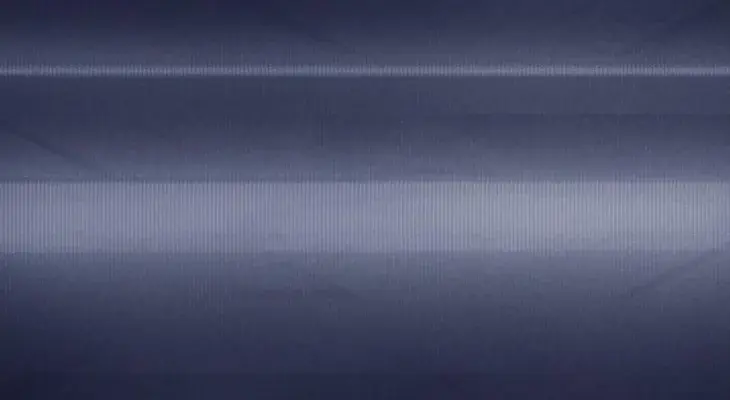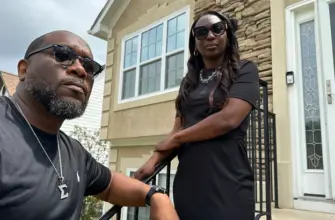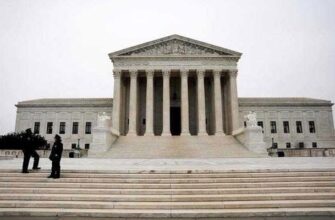Toby Young, director of the Free Speech Union, has raised concerns about a concerning trend in Britain: the emergence of “blasphemy laws by the back door.” He shared these observations in an exclusive interview as part of GBN Members’ series, *Silenced*, which explores instances of censorship and suppression within British society.
Young highlighted a significant shift in the UK’s free speech landscape over the past five years. “Following the Covid-19 pandemic,” he explained, “we witnessed a dramatic escalation in cancel culture, with new topics becoming off-limits for discussion without risking professional repercussions.” He further noted that the Black Lives Matter movement added another layer of restricted conversation.
Recent events have intensified these anxieties. “Since July, our membership has surged as individuals fear prosecution for their social media posts,” Young stated. He cited numerous cases—approximately a hundred to date—relating to commentary surrounding the Southport attack and its aftermath.
“People are increasingly hesitant about expressing their opinions, particularly online, fearing repercussions,” he continued. These repercussions can take the form of being recorded as a “non-crime hate incident.” Since 2014, over a quarter of a million such incidents have been documented, potentially creating a de facto criminal record that could hinder employment opportunities.
The concept of informal blasphemy laws is particularly troubling. “While these aren’t enshrined in legislation, they are being enforced nonetheless,” Young asserted. He pointed to the case of a teacher at Batley Grammar School who faced severe consequences after showing images from *Charlie Hebdo* in a classroom lesson examining offensive cartoons and the boundaries of acceptable expression.
“There’s nothing prohibiting that in law or even under any of the regulations governing what can be taught in classrooms. But a mob assembled at the school gate. He had to flee, go into hiding with his young family. I don’t think he’s come out of hiding yet. That’s an informal blasphemy law.”
Young also referenced Kettle Thorpe High School, where four students were suspended following damage to a Quran on school property, as another example of this evolving landscape.
Key Concerns Highlighted:
- Escalating cancel culture and restricted topics for discussion.
- Fear of prosecution for social media posts.
- The prevalence of “non-crime hate incidents” potentially impacting future opportunities.
- The emergence of informal blasphemy laws, exemplified by the cases of the Batley Grammar School teacher and Kettle Thorpe High School students.



